Is the pandemic bringing an end to fast fashion?
Independent and sustainable brands have blossomed since March 2020, while the high street has taken a hit. Has COVID made us more conscious consumers?
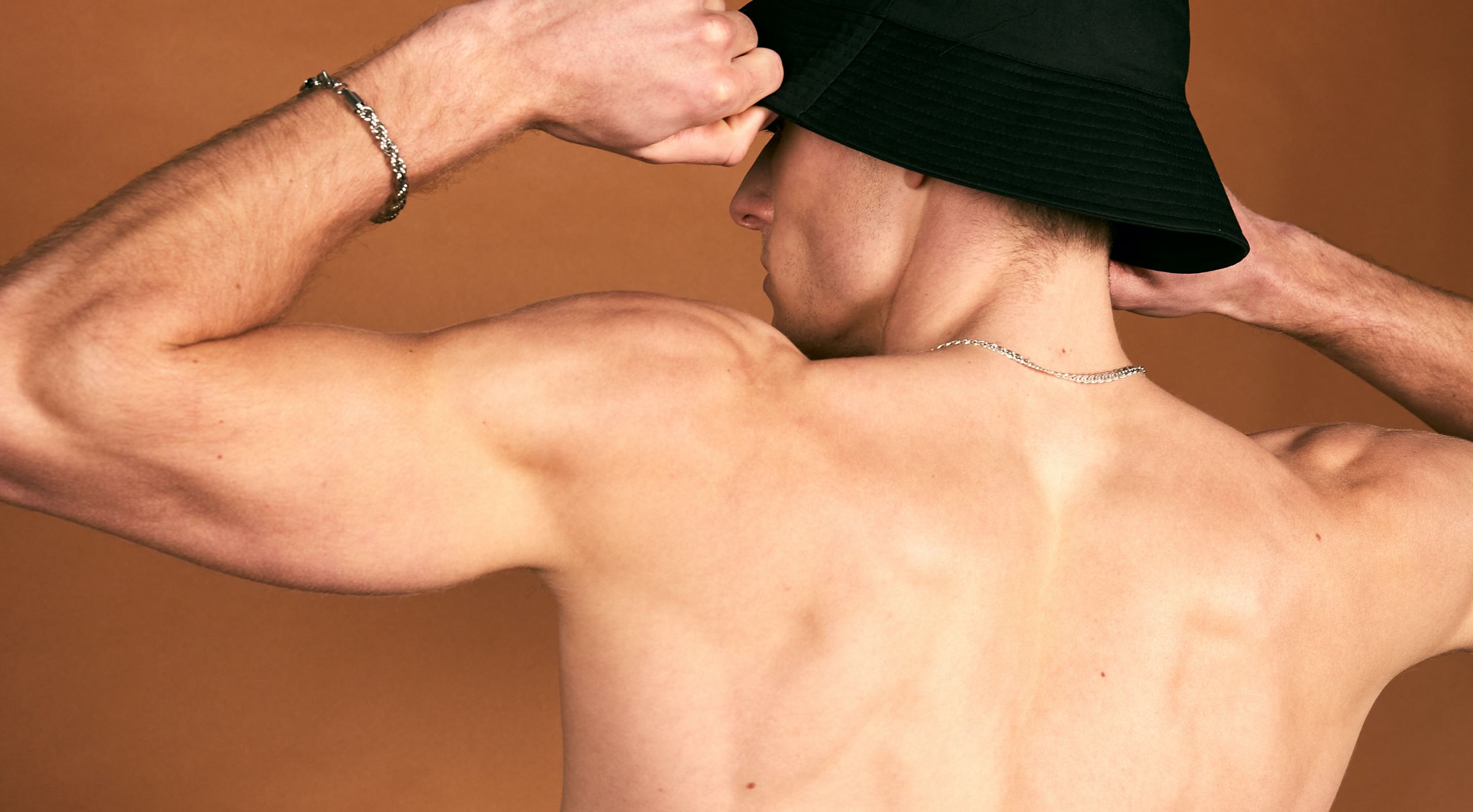
Fast fashion has defined the global clothing market since it gained prominence in the 1990s and 2000s, with names like Topshop, Zara, H&M and Primark dominating the UK high street.
But the coronavirus pandemic has offered us glimpses of an alternative. The closure of brick-and-mortar shops during lockdown and the ramping scrutiny of the often unethical practices behind fast fashion have led to a shift in buying behaviour.
The popularity of independent and sustainable brands has long been on the rise, and now their success could be threatening typical high street shopping.
Miguel Munoz launched Kromo, a menswear brand focused on delivering sustainable products as an alternative to fast fashion, two months ago.
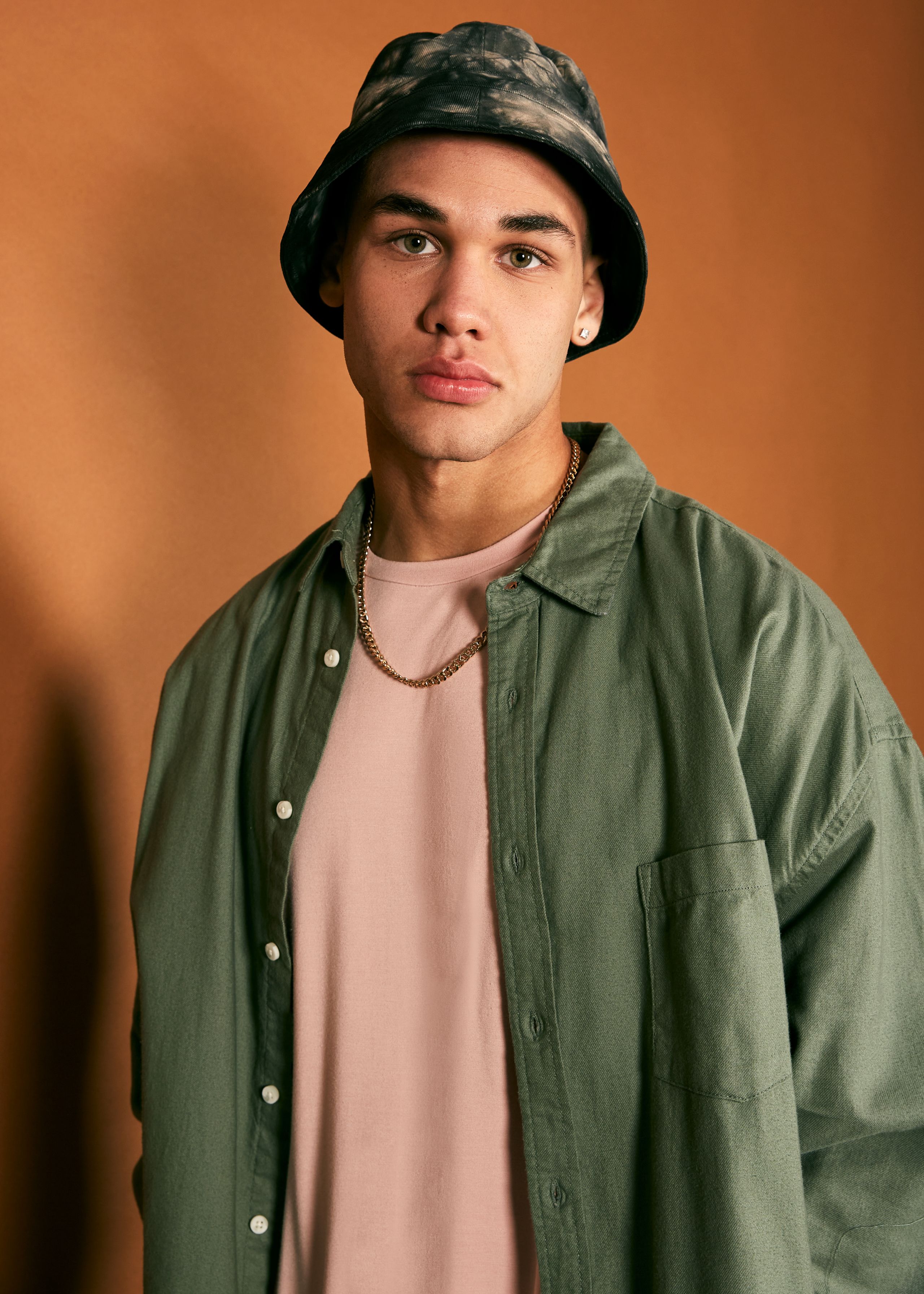
Image provided by Kromo Menswear
Image provided by Kromo Menswear
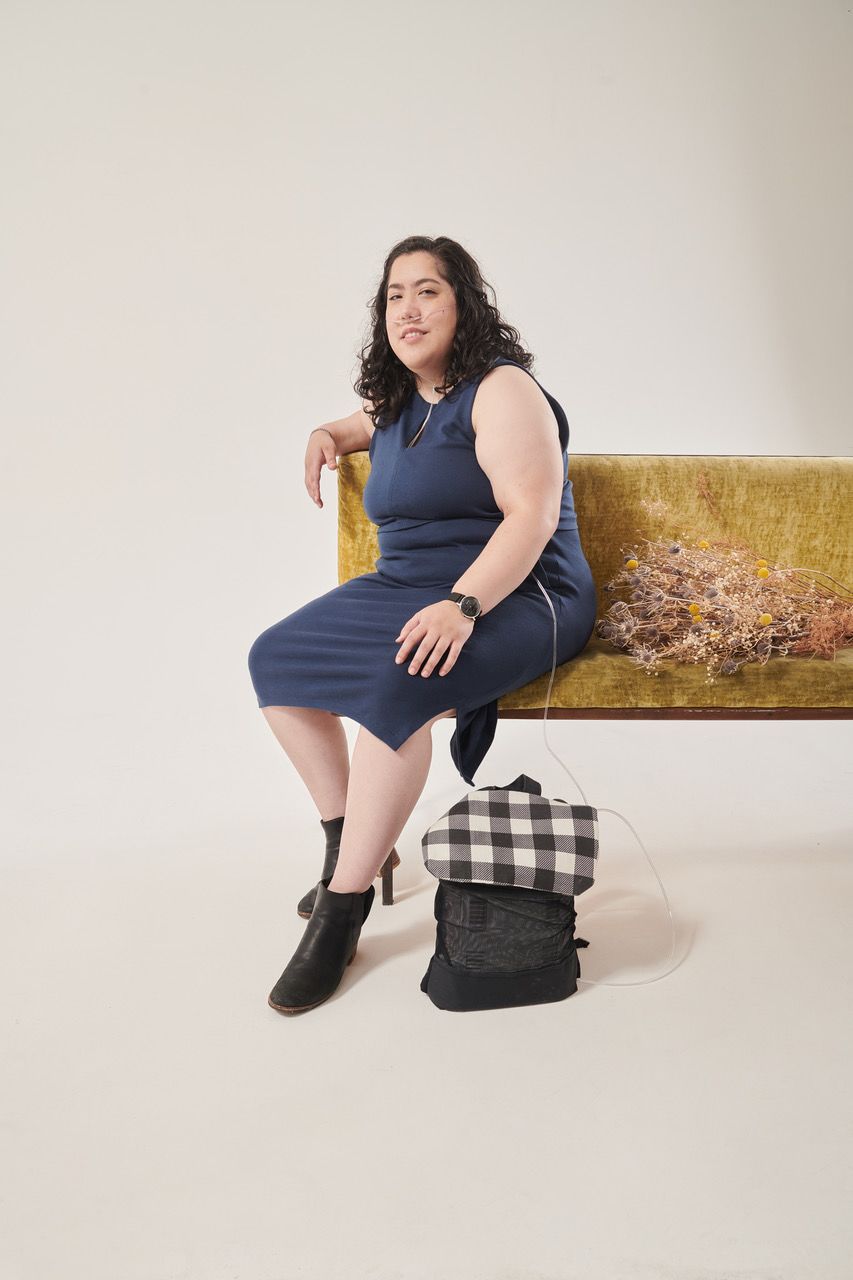
Image provided by Unhidden Clothing
Image provided by Unhidden Clothing
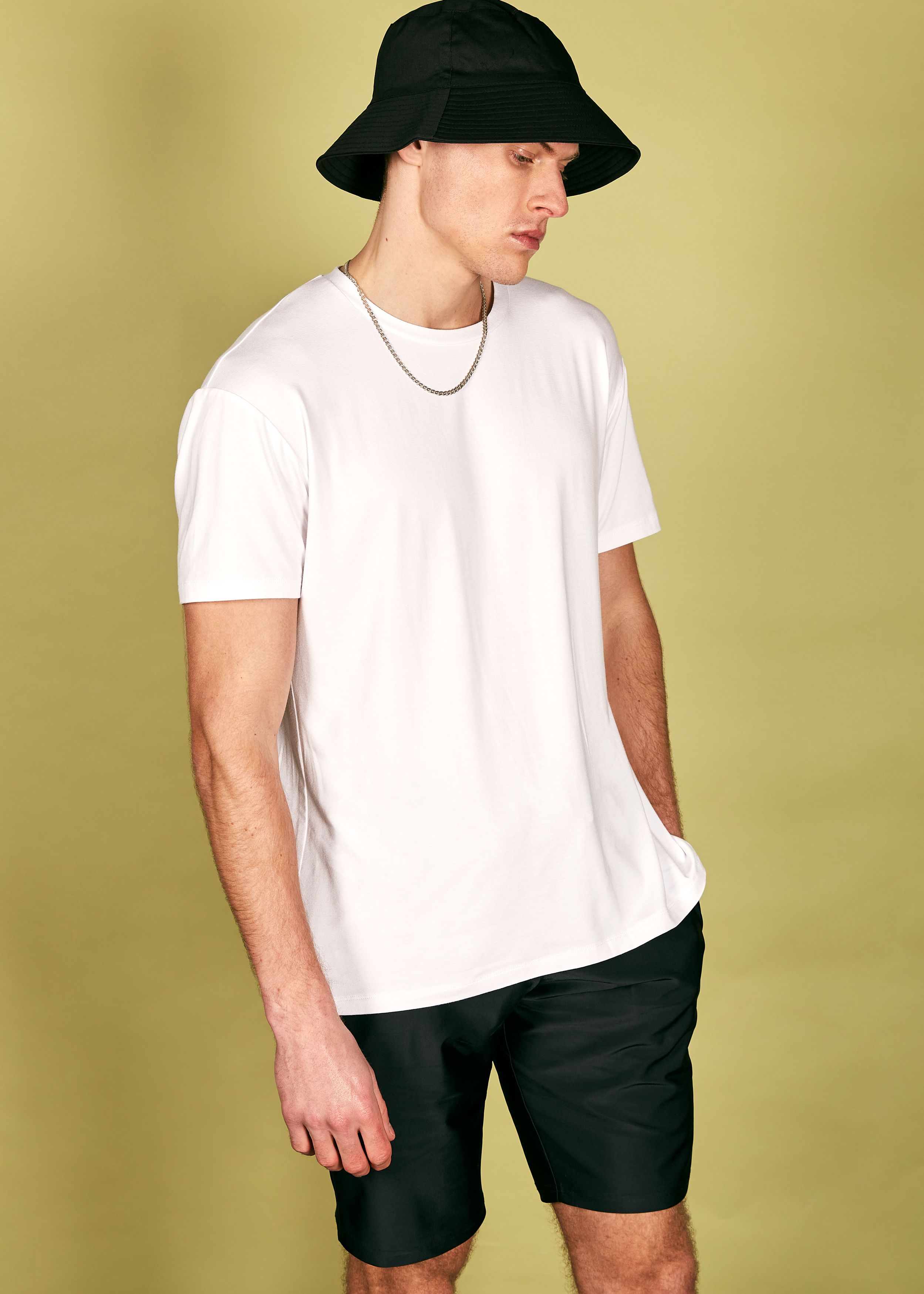
Image provided by Kromo Menswear
Image provided by Kromo Menswear
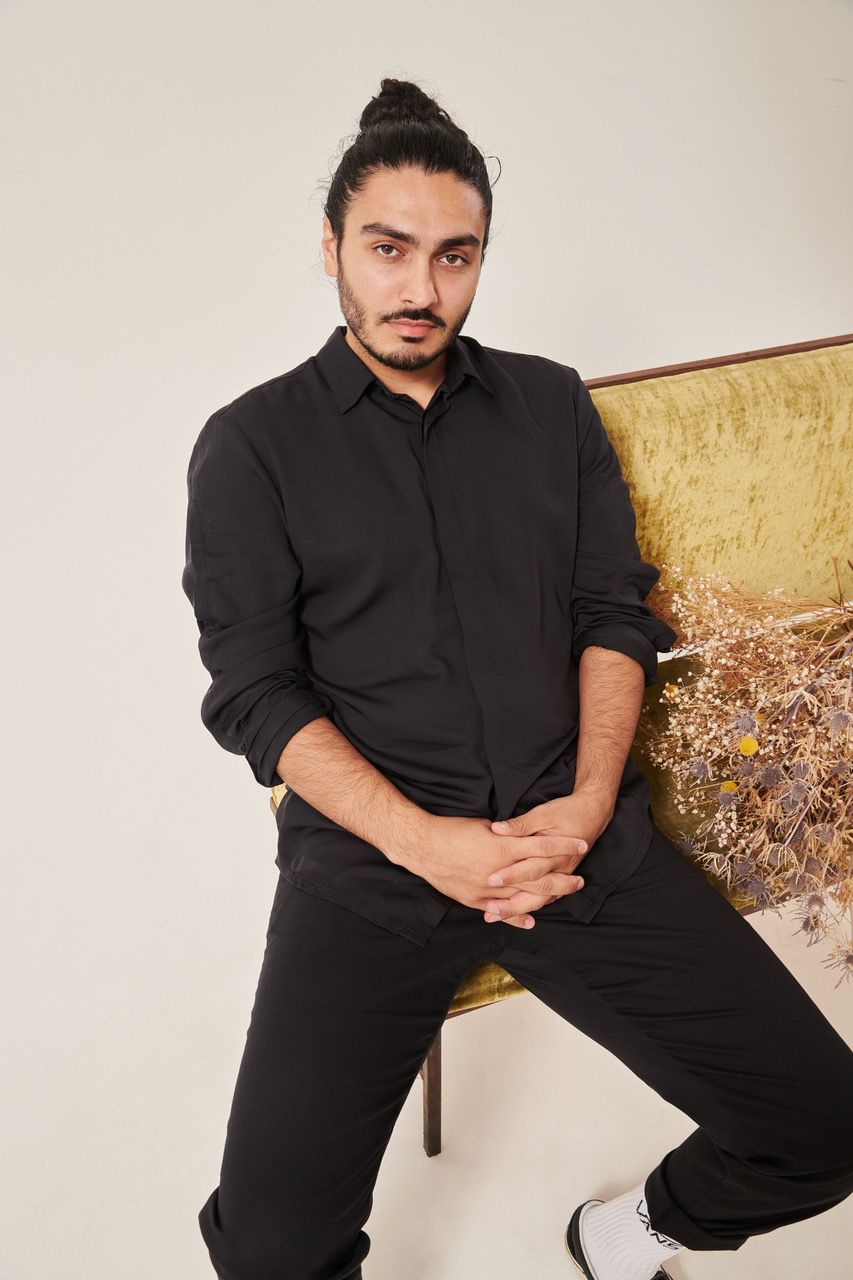
Image provided by Unhidden Clothing
Image provided by Unhidden Clothing
Munoz said: “More people are shopping online. They’re more interested in finding out about new brands. Because we launched during the lockdown, people have had the time to discover things.”
Data from Twitter poll
At the end of 2020, online shopping was up 36.6% across all consumer goods sectors from the previous year - the most growth the industry has seen since 2007. Combined with the low-cost, and in many cases free, advertising made available through social media platforms such as Instagram, this created opportunity for new brands to flourish.
“On social media, we didn't even have photoshoots or images of the products, I was just posting about the fabrics that we were going to use and our processes, and people were really engaged and really excited about it,” said Munoz, who has seen an increase in traffic to the Kromo website averaging between 15 and 17%.
“People feel very proud to wear something that they know is ethically made and sustainable.”
Have you been more conscious of making ethical fashion choices since the pandemic started?
— Lizzie McAllister (@mcal_liz_ter) April 24, 2021
According to a report by Accenture, 16% of consumers saw the pandemic as an opportunity to reevaluate their spending habits. Of this group, 82% chose to make more sustainable choices, and one in three claimed that sustainability now ranks within their top three purchasing criteria for consumer products as a whole.
A similar report by Ipsos also found that two thirds of British people wanted to see climate recovery prioritised over economic recovery when the coronavirus crisis subsides.
Bethan Morrish, 24, and Alice McLaughlin Barnett, 25, are two such consumers. Morrish said that reports of COVID-19 outbreaks in Leicester clothing factories motivated her to reconsider her buying habits.
“It shed light on the unethical practices of fast fashion retailers,” Morrish said. “Everyone else was working from home or on furlough, and new clothes aren't essential, so why were these people still forced to go to work?”
"I was made aware that, now I was eating vegetarian and cycling, fast fashion was one of the biggest environmental impacts I was having day-to-day," said McLaughlin Barnett.
"I also became aware that I was doing a lot of fast fashion ordering at the beginning of the pandemic, and when I started hearing news stories about how much home deliveries had gone up, it put it into quite stark perspective for me."
Victoria Jenkins is the founder of sustainable brands Unhidden Clothing and NoCommentRequired, the former of which is set to open a pop-up shop on the 20th of May. She worries that the trend of sustainability may lead to large brands rebranding their products as ethical, without making any significant change.
“The problem with the amount of greenwashing out there is, it's just really hard to know whether a company are actually telling the truth when they say they’re sustainable,” Jenkins said. “We’ve had a pause, we’ve had endless time to watch all sorts of documentaries that really hammer home how bad pollution and climate change is.”
"It's difficult to be a more ethical consumer," explained McLaughlin Barnett. "One of the main things you can do is shop in charity shops, which you can't always do in the pandemic. I've tried buying recycled clothes more and have been looking into places that do more sustainable fashion."
Despite the barriers sustainable brands and consumers may face, many are feeling optimistic about the future.
"I think sustainable fashion and online shopping are going to stay," said Munoz.
"The high street is good when people want to do a day out, but they will also continue to shop online."
